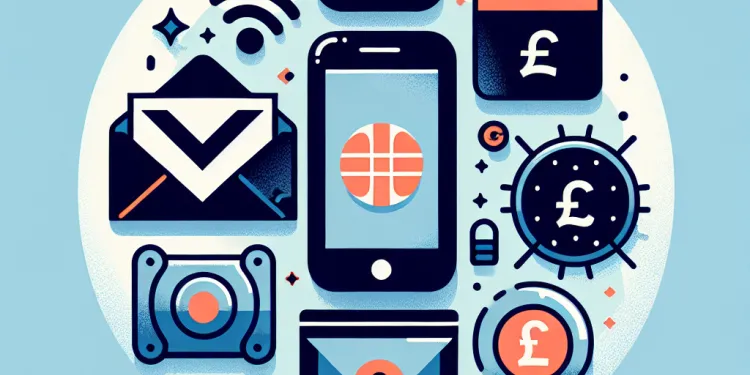
Find Help
More Items From Ergsy search
-
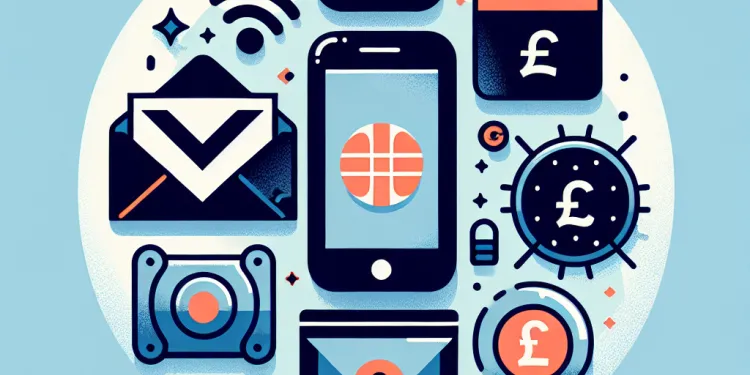
Is it safe to use public Wi-Fi to check my email?
Relevance: 100%
-
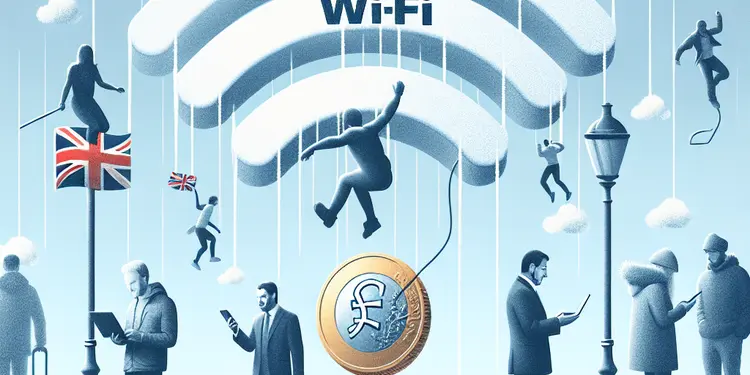
What are the risks of using public Wi-Fi?
Relevance: 76%
-
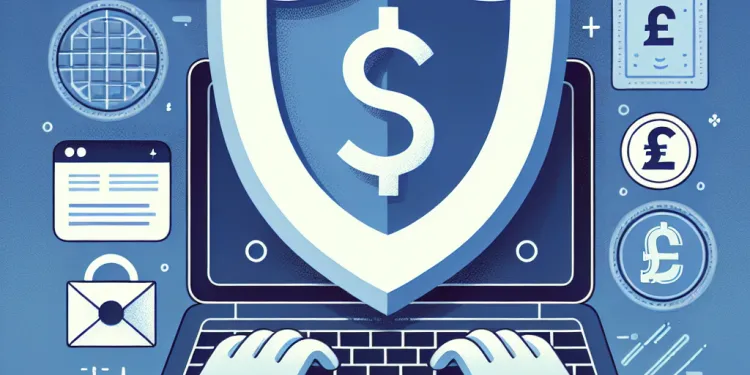
What preventive measures can I take to protect my email from being hacked?
Relevance: 49%
-
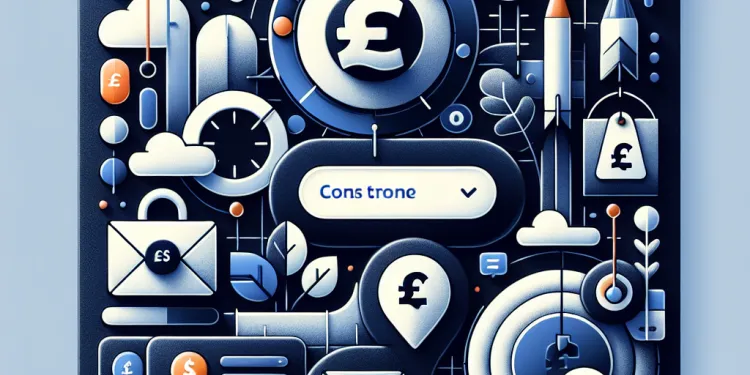
Why are there login attempts from unfamiliar locations in my email activity?
Relevance: 43%
-
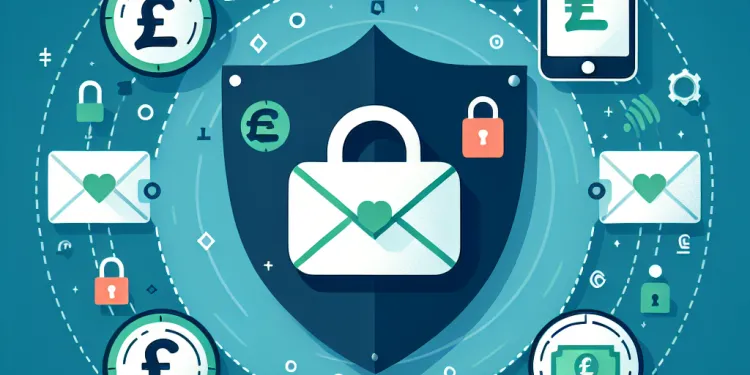
How can I secure my email after a hack?
Relevance: 41%
-
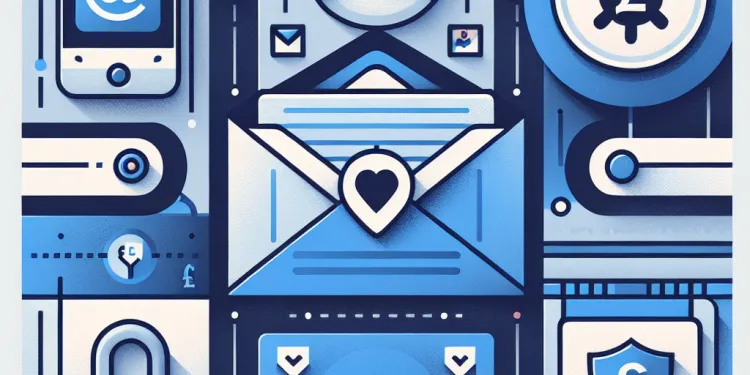
How do I know if my email has been hacked?
Relevance: 40%
-
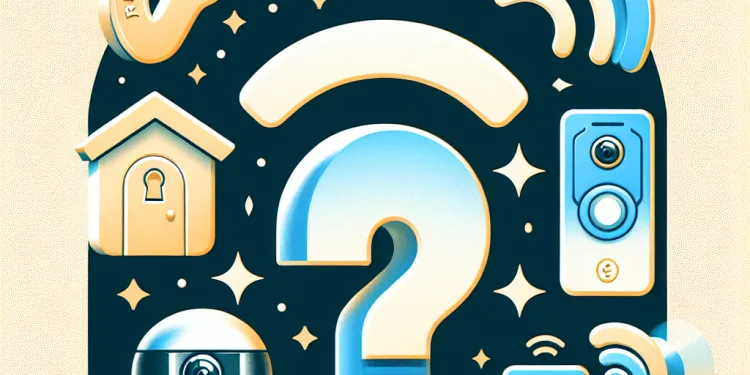
Do I need Wi-Fi for a Ring Doorbell Camera?
Relevance: 36%
-
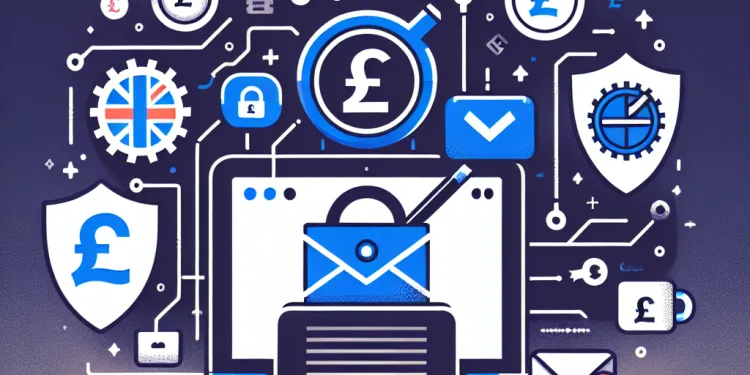
How can I recover a hacked email account?
Relevance: 36%
-
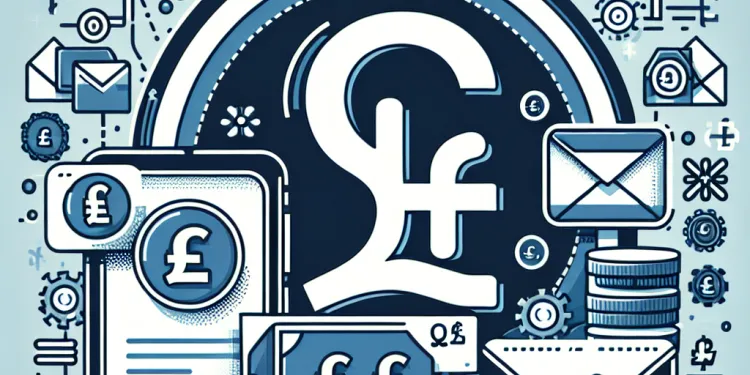
Why am I not receiving expected emails?
Relevance: 35%
-
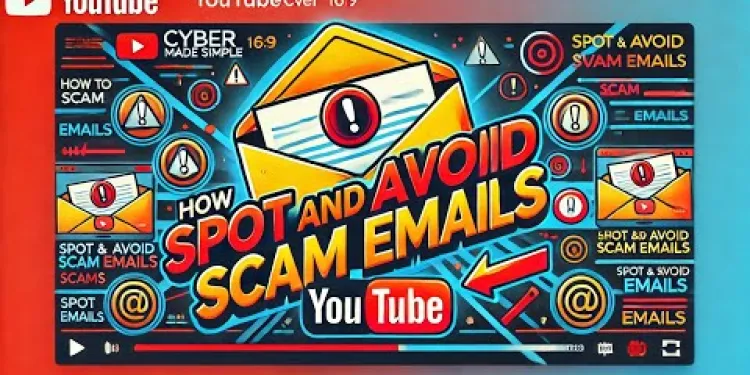
Don't Click On That Email (SPAM & SCAMS)
Relevance: 34%
-
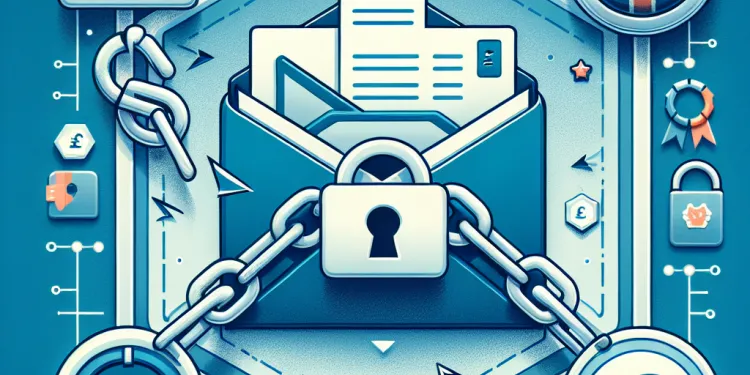
Why are emails often targeted in data breaches?
Relevance: 33%
-
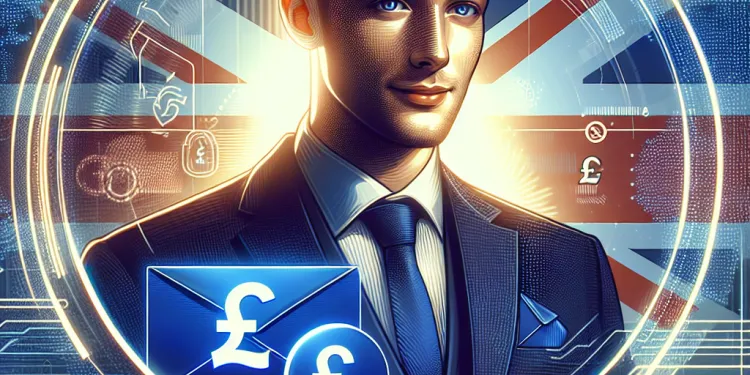
Why does my email appear to be sending spam?
Relevance: 32%
-
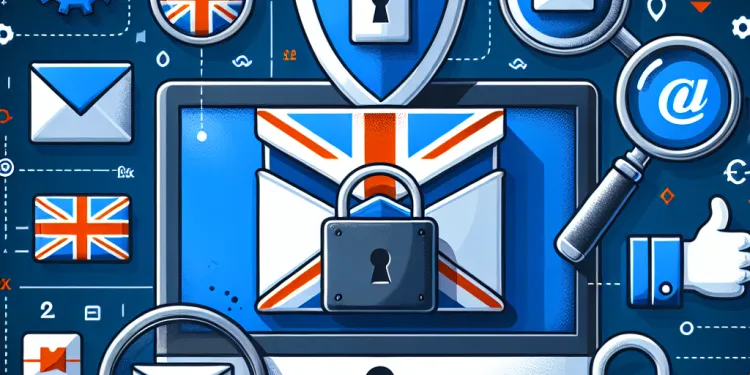
What are some signs that my email might be hacked?
Relevance: 32%
-
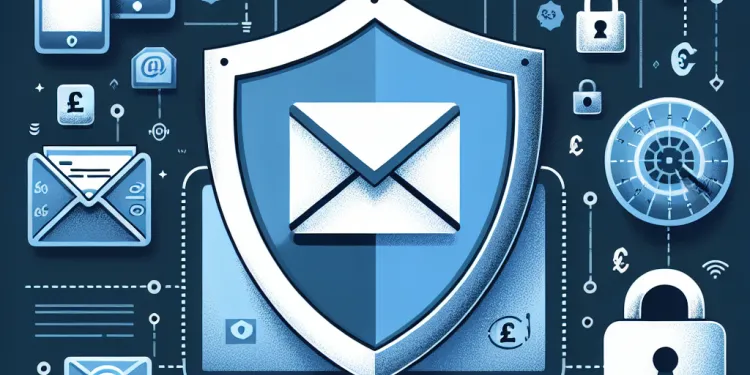
What is the risk of my contacts being compromised if my email is hacked?
Relevance: 32%
-
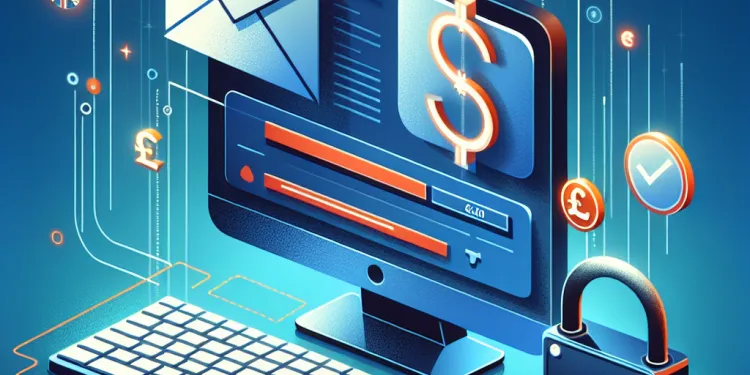
What should I do if I can't access my email account?
Relevance: 32%
-
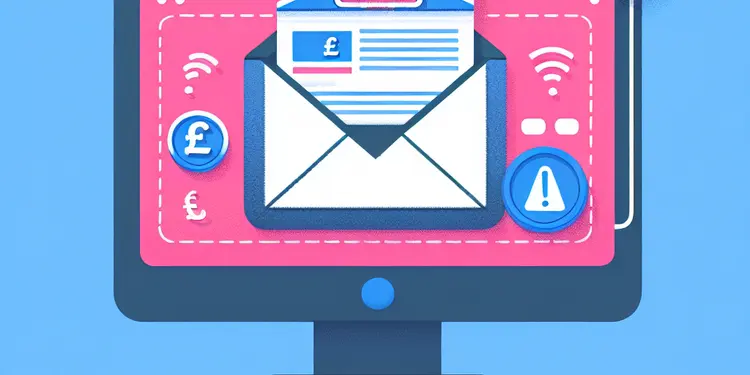
Are unsolicited emails about weight loss drugs a warning sign?
Relevance: 32%
-
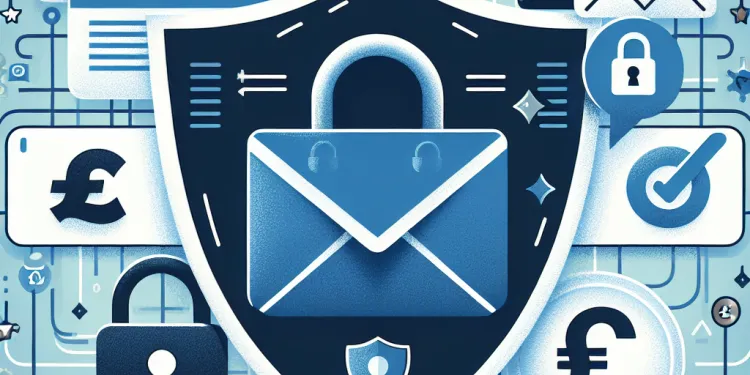
Should I contact my email provider if I suspect hacking?
Relevance: 32%
-
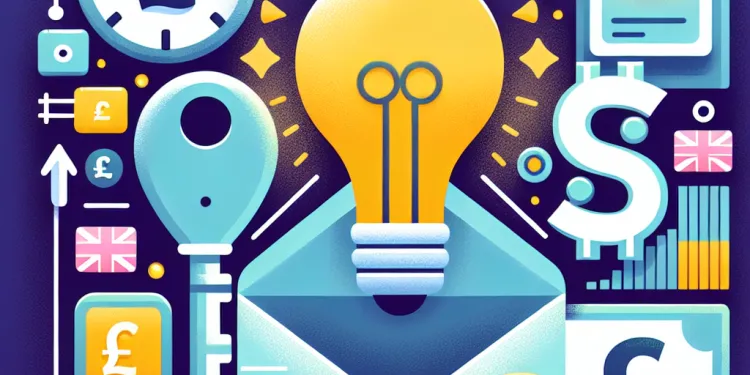
Why am I receiving password reset emails I didn't request?
Relevance: 31%
-
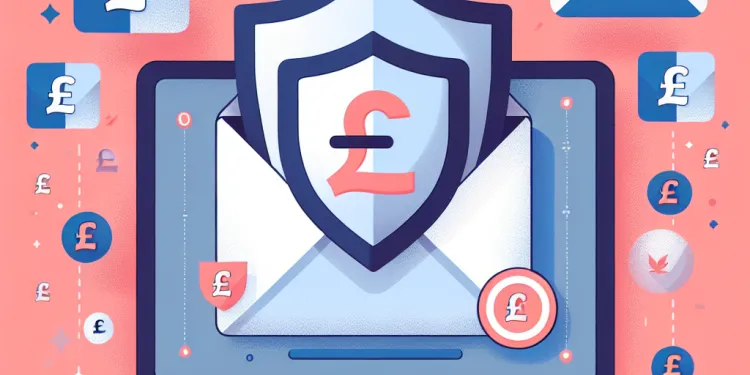
Can antivirus software protect my email from being hacked?
Relevance: 31%
-

Can I get updates on my immigration status via email?
Relevance: 31%
-
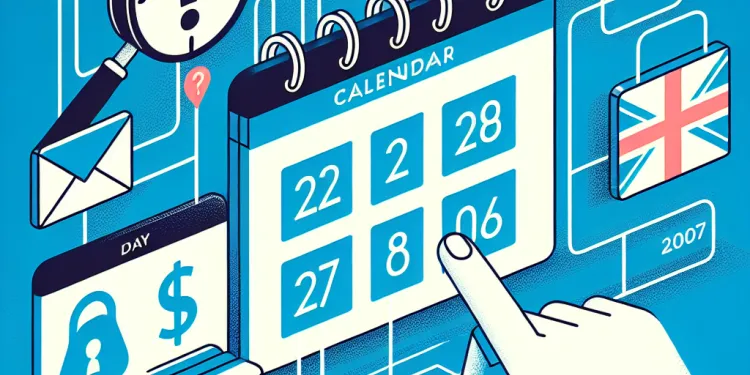
Can unexpected calendar events be a sign of a hacked email?
Relevance: 31%
-
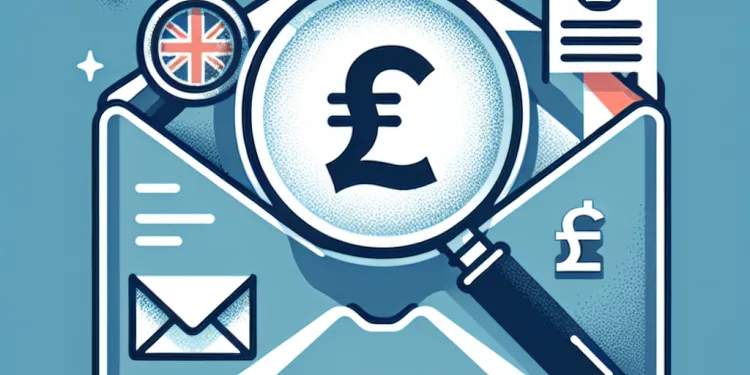
What should I do if I notice unfamiliar emails in my sent folder?
Relevance: 31%
-
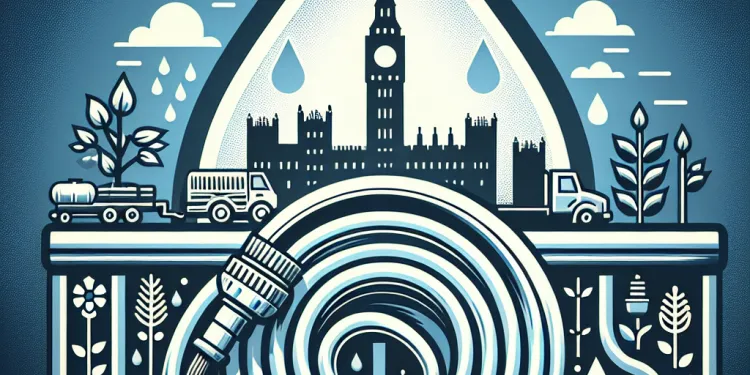
How are hosepipe ban restrictions communicated to the public?
Relevance: 30%
-
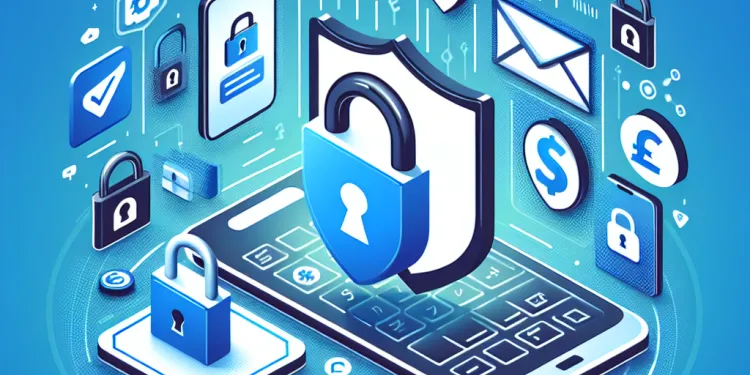
Can enabling two-factor authentication help if my email is hacked?
Relevance: 30%
-
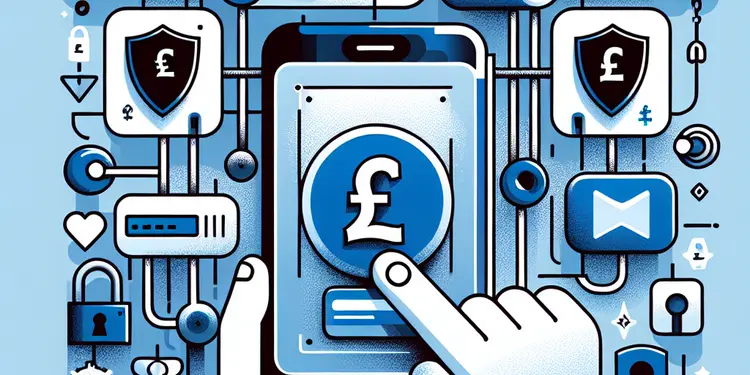
How can I secure my phone's internet connection?
Relevance: 30%
-
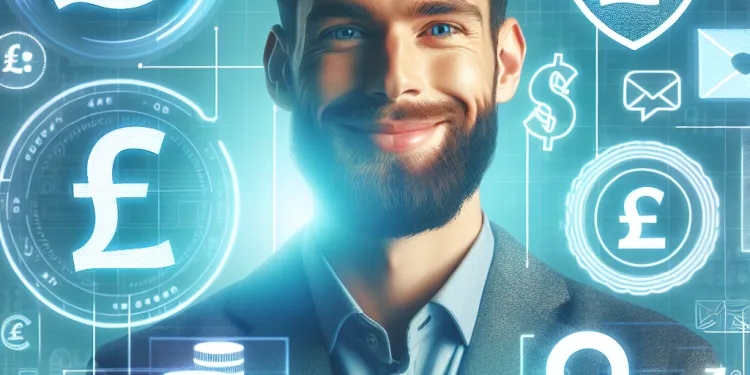
How do I secure my online accounts?
Relevance: 29%
-
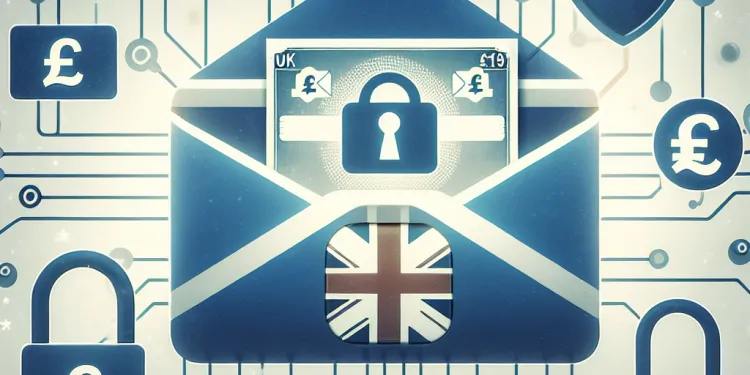
What signs indicate that my email filters may have been tampered with?
Relevance: 29%
-
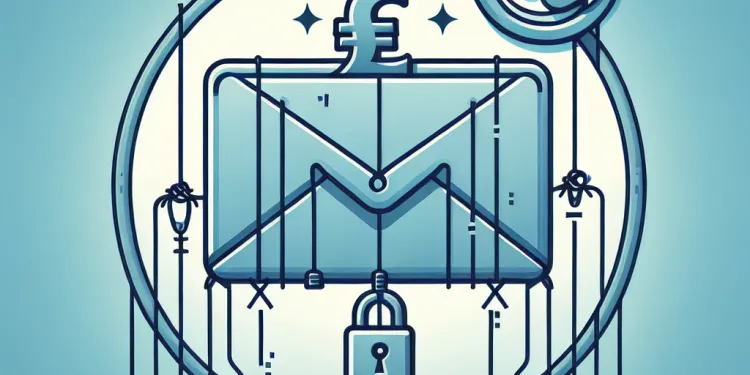
What should I do if I suspect my email has been compromised through phishing?
Relevance: 29%
-
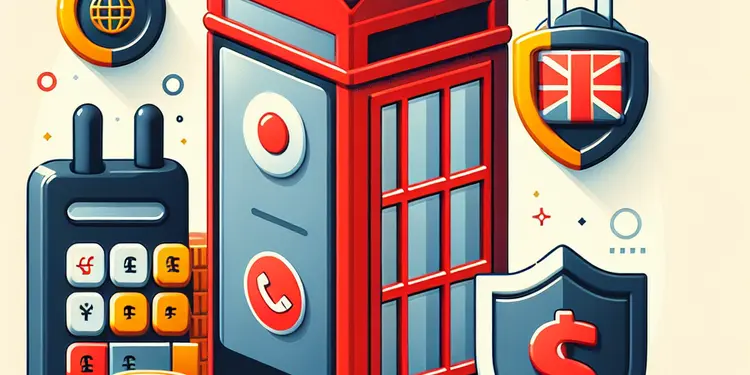
How can I protect my phone from malware?
Relevance: 29%
-
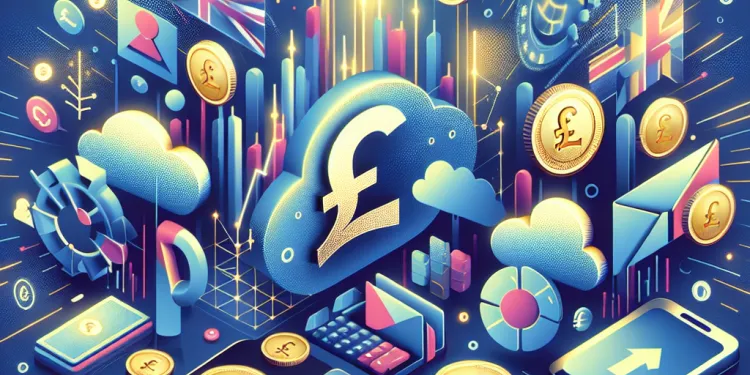
Will HMRC contact me via phone or email regarding my tax refund?
Relevance: 29%
-
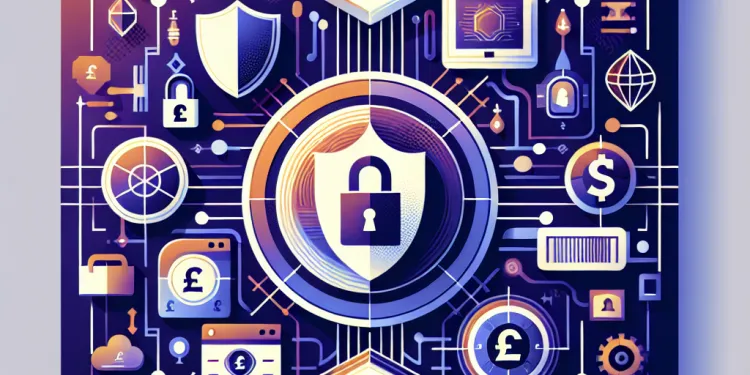
What steps can I take to prevent future hacks?
Relevance: 28%
-
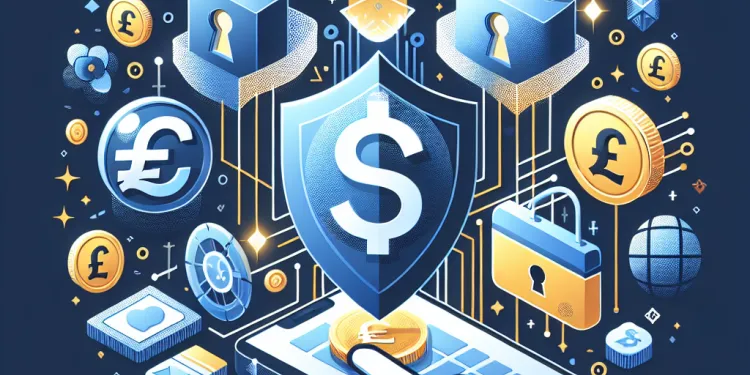
How can I check recent login activity on my email account?
Relevance: 28%
-
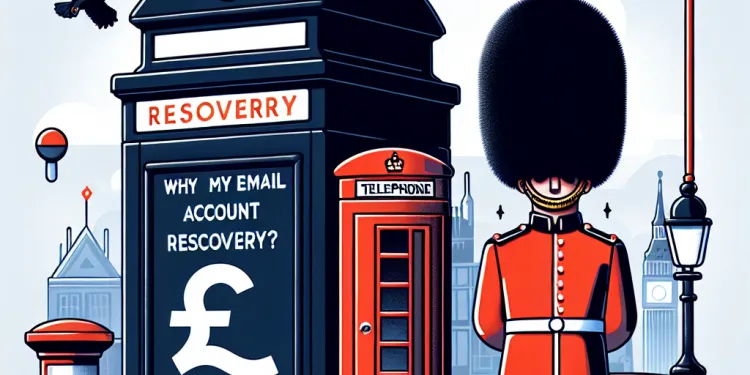
Why have my email account recovery options changed without my knowledge?
Relevance: 28%
-
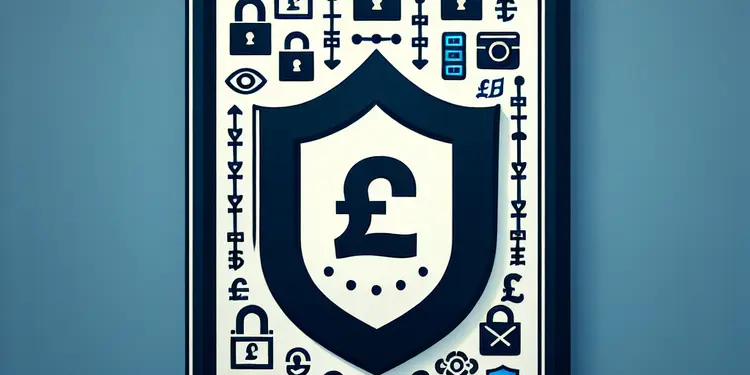
How can I protect my privacy on my mobile phone?
Relevance: 28%
-

What is a public health funeral?
Relevance: 27%
-

Why is there a call for public consultation regarding the cuts?
Relevance: 27%
-
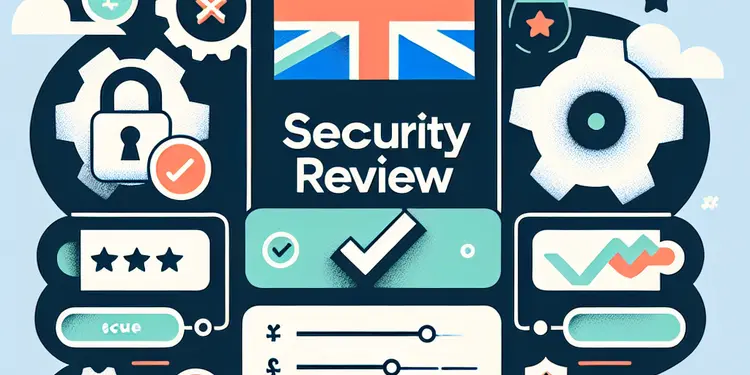
What settings should I regularly review for security?
Relevance: 26%
-
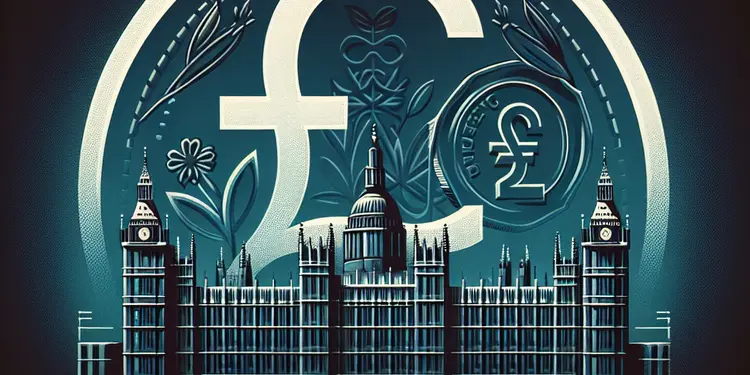
Is public safety a consideration in indefinite sentencing?
Relevance: 25%
-

Is there a difference in responsibility between public and private land?
Relevance: 25%
-

Do hosepipe bans apply to public parks and gardens?
Relevance: 24%
Understanding Public Wi-Fi
Public Wi-Fi networks are freely accessible internet connections available in various public places like cafes, airports, hotels, and libraries. These networks offer convenience and free internet access, making it easy for people to connect their devices without using their mobile data.
Security Risks of Public Wi-Fi
Using public Wi-Fi comes with significant security risks. One of the primary concerns is that these networks are often unencrypted, meaning that data transmitted over them is not secured. This lack of encryption can make your information vulnerable to eavesdropping by cybercriminals. Hackers might use techniques such as man-in-the-middle attacks, where they intercept the data being sent between your device and the Wi-Fi router.
When you check your email over an unsecured public network, sensitive information like your login credentials, private messages, and attachments could potentially be accessed by malicious hackers. Therefore, it is crucial to consider the risks before accessing sensitive information over public Wi-Fi.
Enhancing Security on Public Wi-Fi
To mitigate the risks of using public Wi-Fi, you can adopt several security measures. One effective method is to use a Virtual Private Network (VPN). A VPN encrypts the data transmitted from your device, rendering it unreadable to potential eavesdroppers. This way, even if someone intercepts your data, they won't be able to decipher it.
Additionally, ensure your email provider supports encrypted connections, such as SSL/TLS, and enable these options in your email client if available. It's also advisable to disable automatic connection to Wi-Fi networks and forget networks once you are done using them. Keeping your device's firewall active and your software up to date with the latest security patches can also reduce vulnerabilities.
Safe Practices for Checking Email
If you must check your email on public Wi-Fi without a VPN, consider using the mobile data network on your device, as it tends to be more secure than public connections. Also, be proactive in managing your email security settings. Use strong, unique passwords and enable two-factor authentication (2FA) where possible. Regularly updating your passwords and monitoring your account for any suspicious activity can further bolster your email security.
Conclusion
While convenient, using public Wi-Fi to check your email poses inherent risks. Being aware of these risks and taking appropriate precautions can help ensure your data remains secure. Ultimately, a cautious approach that incorporates using secure VPNs and good digital hygiene is recommended for safeguarding your email and personal information when accessing public networks across the UK.
What is Public Wi-Fi?
Public Wi-Fi networks let you connect to the internet for free in places like cafes, airports, hotels, and libraries. People like them because they don’t have to use their mobile data.
Are There Dangers with Public Wi-Fi?
Yes, there are dangers. Many public Wi-Fi networks are not secure. This means your information can be seen by bad people called hackers. One trick they use is listening to your information as it goes from your phone or computer to the Wi-Fi. This is called an "attack."
If you check your email on these networks, hackers might see your login, your messages, and your files. Think about these dangers before using public Wi-Fi to check private things like your email.
How to Stay Safe on Public Wi-Fi
There are ways to be safer on public Wi-Fi. You can use something called a Virtual Private Network (VPN). A VPN hides what you are doing so hackers can't see. If a hacker gets your data, they can't read it.
Make sure your email uses secure connections. Look for options like SSL or TLS and turn them on. Turn off automatic Wi-Fi connections and forget the network after using it. Keep your device's firewall on and update your software regularly to stay safe.
How to Safely Check Email
If you have to check email on public Wi-Fi and don’t have a VPN, use your mobile data instead. Mobile data is usually safer. Keep your email account safe by using strong passwords and turning on two-factor authentication (2FA). Change your passwords often and watch for anything strange with your account.
Conclusion
Using public Wi-Fi is easy but can be risky. Knowing about these risks and taking steps to protect yourself is important. Using a VPN and practicing safe internet habits can keep your email and personal information safe when using public Wi-Fi. Stay careful and stay safe online.
Frequently Asked Questions
What are the risks of using public Wi-Fi to check my email?
Public Wi-Fi networks can be unsecured, allowing hackers to intercept your data, including your emails and login credentials.
Can my email be hacked if I use public Wi-Fi?
Yes, if the Wi-Fi network is not secure, hackers can intercept your login information and potentially access your email account.
How can I protect my email when using public Wi-Fi?
Use a VPN to encrypt your internet traffic, ensure your email provider uses HTTPS, and avoid logging in to sensitive accounts on public networks.
Is it safe to use public Wi-Fi if my email provider uses HTTPS?
HTTPS encrypts the data between your browser and the server, which provides some protection, but it's still safer to use a VPN for additional security.
What is a VPN and how does it help?
A VPN, or Virtual Private Network, encrypts your internet traffic and routes it through a secure server, protecting your data from eavesdroppers on public networks.
What should I do if I accidentally checked my email on public Wi-Fi?
Log out immediately, change your password using a secure network, and enable two-factor authentication if available.
Are all public Wi-Fi networks unsafe?
Many public Wi-Fi networks are unsecured, making them vulnerable to attacks, but some networks may have security measures in place. However, caution is always advised.
How can I tell if a public Wi-Fi network is secure?
Secure networks often require a password or use WPA3 encryption. Look for a lock icon in the Wi-Fi settings to indicate added security.
What is a man-in-the-middle attack?
A man-in-the-middle attack is when a hacker intercepts communication between your device and a server, potentially stealing sensitive information such as login credentials.
Does using email apps on public Wi-Fi pose a risk?
Yes, using email apps on unsecured public Wi-Fi can pose similar risks to web browsers if the connection is not properly secured.
What is end-to-end encryption?
End-to-end encryption ensures that only you and the receiver can read the messages, protecting your communication from third parties, including hackers.
Should I disable Wi-Fi on my device in public places?
If you're not using Wi-Fi, it's a good idea to disable it to prevent automatic connections to unsecured networks.
Is using a mobile hotspot safer than public Wi-Fi?
Yes, a personal mobile hotspot is typically more secure than public Wi-Fi because it is private and has its own encryption.
What is two-factor authentication and why is it important?
Two-factor authentication adds an extra layer of security by requiring a second form of verification, such as a code sent to your phone, after you enter your password.
Can antivirus software protect me on public Wi-Fi?
Antivirus software can help protect against malware, but it won't prevent data interception. A VPN is more effective for securing your connection.
Is it safe to use public computers to check email?
Public computers pose additional risks, such as keyloggers. It's best to avoid accessing sensitive information on public machines.
What precautions should I take when using public Wi-Fi?
Use a VPN, log out of accounts when not in use, enable two-factor authentication, and avoid accessing sensitive data if possible.
Can I use public Wi-Fi if I have a secure device?
A secure device helps, but the network itself can still pose risks. It's best to combine device security with a secure network connection like a VPN.
Should I consider switching email providers for better security?
If your current provider doesn’t offer encryption or two-factor authentication, it may be worth considering one that offers these security features.
Are there any email providers specifically designed for secure communication?
Yes, services like ProtonMail and Tutanota are designed with strong encryption and privacy features for secure communication.
What could go wrong when I use public Wi-Fi to check my email?
Using public Wi-Fi can be risky. Here are some things you should know:
- Someone could see your emails: Others on the same Wi-Fi might see what you are doing.
- Your information might not be safe: Your password and emails might be at risk.
- Bad people might trick you: There could be fake Wi-Fi networks trying to steal your information.
Try these tips to stay safe:
- Use a VPN: A VPN makes your internet use more private and safe.
- Check for secure websites: Look for "https" in the web address.
- Wait until you are home: If you can, wait until you have a secure network to check your email.
Public Wi-Fi can be unsafe. Bad people called hackers can see your information. They can read your emails and find your passwords.
Can someone get into my email if I use public Wi-Fi?
If you use public Wi-Fi, like in a café or library, someone might try to get into your email.
Here is how to stay safer:
- Use strong passwords that are hard to guess.
- Use websites and apps that show a lock symbol (🔒). It means they are safer.
- Use a VPN app. It helps keep your information private.
Ask for help if you are unsure or need someone to guide you.
Yes, if the Wi-Fi is not safe, bad people can steal your login details and get into your email.
How can I keep my email safe on public Wi-Fi?
When you use public Wi-Fi, like in a café or library, it can be easy for others to see what you are doing. Here are some simple ways to keep your email safe:
- Use a VPN: A VPN is like a safety tunnel for your internet. It keeps your information private.
- Think about using webmail: Webmail is a way to check your email in a web browser without extra software. This can be safer on public Wi-Fi.
- Use HTTPS: Look for "https" at the start of the webpage. The "s" means it's secure.
- Log out when you're done: Always log out of your email when you finish.
These steps can help keep your email safe. Be careful and stay secure!
Use a VPN to protect your internet activity. Make sure your email uses HTTPS. Do not use important accounts on public Wi-Fi.
Is public Wi-Fi safe if my email uses HTTPS?
Are you using public Wi-Fi? Here's something to know.
Email with HTTPS is safer because it can help keep your messages private. But public Wi-Fi can still be a bit risky.
Here are some tips to help:
- Don't send important information, like passwords or bank details, when on public Wi-Fi.
- Use a VPN app. It makes Wi-Fi safer.
- Check for HTTPS in the address bar. This helps keep your email safe.
- If you can, wait to use your own Wi-Fi at home.
Ask an adult if you need help with these tips.
HTTPS helps keep your information safe when you use the internet. It makes sure no one can read your data while it travels between your computer and the website. But for extra safety, using a VPN is a good idea.
What is a VPN and how does it help?
A VPN is a tool called a Virtual Private Network. It helps keep your online activity safe.
Think of it like a secret tunnel for your internet. When you go online, a VPN hides what you are doing. This makes it hard for others to see your information.
Here is how it helps:
- Keeps your info safe: A VPN stops people from snooping on your data.
- Protects your privacy: Others cannot easily track where you go online.
- Lets you look at blocked sites: Sometimes websites are not allowed in certain places. A VPN can help you see those sites.
You can ask someone you trust to help you set up a VPN. There are also videos online that show you how to use it step-by-step.
A VPN, or Virtual Private Network, keeps your online activity safe. It does this by hiding what you do on the internet and sending it through a safe server. This stops bad people from seeing what you are doing, especially when using public Wi-Fi.
What to Do if You Opened Your Email on Public Wi-Fi by Mistake?
If you opened your email using public Wi-Fi by accident, here’s what you can do:
1. Log out: Sign out of your email account as soon as you can.
2. Change password: Make a new password for your email.
3. Use security software: Use apps that keep your device safe.
4. Avoid public Wi-Fi: Try not to use public Wi-Fi for important things.
Helpful tools: Ask someone you trust to help or use secure networks like a personal hotspot.
Log out right away. Use a safe internet connection to make a new password. Turn on extra security if you can.
Is public Wi-Fi safe to use?
Public Wi-Fi is what you use in places like cafes, libraries, or airports. Be careful when using it. Some public Wi-Fi is not safe, which means people can see what you are doing on the internet.
Here are some tips to stay safe:
- Use a password manager to help keep your passwords safe.
- Make sure the websites you visit have a little lock symbol in the address bar.
- If possible, use a VPN app to help protect your data.
Remember, always be careful online!
Many Wi-Fi networks in public places are not secure. This means bad people can try to see what you are doing online. Some Wi-Fi networks might be safer than others. But, it is always important to be careful when using public Wi-Fi.
How do I know if a public Wi-Fi network is safe?
Here is how you can check if a public Wi-Fi is safe:
- Look for a lock symbol: When you connect to Wi-Fi, see if there is a lock symbol next to it. This means it might be safer.
- Ask for a password: Safe Wi-Fi might need a password. Ask the staff for it.
- Use websites starting with "https": These sites are safer. Look at the start of the website address.
- Use VPNs: A VPN app can help keep your data safe. Ask an adult for help with this.
These tips can help you stay safe online.
Secure networks use passwords or special codes to keep safe. Look for a lock picture in your Wi-Fi settings. It shows the network is safe.
What is a Man-in-the-Middle Attack?
A man-in-the-middle attack is when a bad person secretly listens or changes messages between two people who think they are talking just to each other.
This can happen when using things like the internet, emails, or even phone calls.
Imagine you are passing a note to a friend, but a sneaky person reads it and writes their own message instead before giving it to your friend.
To stay safe, always make sure you are using secure websites, which often have a lock symbol by the address. You can also ask an adult to help use special security tools to protect your messages.
A man-in-the-middle attack is when a bad person listens in on the conversation between your device and a computer server. This person might try to steal important information like your username and password.
Is it safe to use email apps on public Wi-Fi?
When you use email apps on Wi-Fi in places like cafes or libraries, it might not be safe.
Wi-Fi here is public, which means other people can use it too.
Some people might try to see your private emails or get your passwords.
Here are some ways to stay safe:
- Use a VPN. This hides what you do online.
- Make sure the website starts with "https". This means it's more secure.
- Turn off sharing on your device so others can't see your files.
Yes, using email apps on public Wi-Fi can be risky, like using web browsers, if the connection is not safe.
What is end-to-end encryption?
End-to-end encryption is a way to keep messages secret. Only the person who sends the message and the person who gets it can read it. No one else can. This helps keep your messages safe.
To make it easier to understand, you can use:
- Pictures: Draw or look at pictures that show how information is kept safe.
- Videos: Watch simple videos that explain how messages stay private.
End-to-end encryption means that only you and the person you are talking to can see the messages. This keeps your messages safe from others, even hackers.
Should I turn off Wi-Fi on my device when I'm in public?
If you are not using Wi-Fi, it is smart to turn it off. This stops your device from joining unsafe networks without asking you.
Is it safer to use a mobile hotspot than public Wi-Fi?
A mobile hotspot is when you use your phone to get internet on another device, like a tablet or laptop.
Public Wi-Fi is internet you get for free in places like cafes or libraries.
Which is safer?
1. Mobile hotspots are safer because the internet comes from your own phone. This means fewer people can see what you are doing.
2. Public Wi-Fi is less safe because many people can use it at the same time. A bad person could see what you are doing.
Here are ways to stay safe on public Wi-Fi:
- Use a VPN. This is a tool that helps keep your information private.
- Do not visit websites that need you to type personal information like your name or password.
- Ask someone for help if you feel unsure.
A personal mobile hotspot is safer than public Wi-Fi. This is because it is private and has special locks to keep your data safe.
What is two-factor authentication and why does it matter?
Two-factor authentication helps keep your information safe.
It means you need two things to log in:
- Something you know, like a password.
- Something you have, like a phone to get a code.
This way, even if someone knows your password, they can't log in without your phone.
It helps keep your accounts safe from strangers.
If you want more help, you can use apps that send codes to your phone, or ask a friend to help set it up.
Two-factor authentication makes your account safer. First, you type your password. Then, you need something else, like a code sent to your phone. This keeps your account extra safe.
Does antivirus software keep me safe on public Wi-Fi?
Antivirus software is like a shield for your computer. It helps keep you safe from bad programs.
But when you use public Wi-Fi, there are other dangers too. Public Wi-Fi is Wi-Fi you use in places like cafes or libraries.
Here are some tips to stay safe:
- Use a VPN app. A VPN is like a secret tunnel for your internet. It keeps your information private.
- Visit sites that start with "https://". They are safer than sites that start with "http://".
- Log out of websites when you are done, like email or social media.
Remember, antivirus software helps, but you should also use these tips to be extra safe.
Antivirus software keeps your computer safe from bad programs called malware. But it doesn't stop people from stealing your data.
A VPN is better for keeping your internet connection safe.
Can I use a public computer to check my email safely?
It can be risky to use public computers for checking emails. Here are some tips to stay safe:
- Log out: Always log out of your email account after use.
- Password: Don't save your password on the public computer.
- Security: Look for a secure connection (https) before you log in.
- Keep Private: Don't open personal information in public places.
You can also use a phone or a tablet with your own internet to check emails more safely.
Using public computers can be risky. They can have tools that record what you type, like passwords. It's a good idea not to enter important information on public computers.
What should I do to stay safe on public Wi-Fi?
When you use public Wi-Fi, like in a café or library, you should be careful. Here are some simple steps to keep your information safe:
- Do not enter your passwords or bank details.
- Use websites that start with "https://" because they are safer.
- Turn off sharing options on your device.
- Use a VPN app for extra protection.
- Ask an adult for help if you are unsure.
These tips will help protect your information when using public Wi-Fi. Stay safe!
To help keep your information safe, try these tips:
- Use a VPN. It's like a secret tunnel for your internet. It can help hide what you do online.
- Log out of your accounts when you are not using them. This means signing out of websites like email or social media.
- Turn on two-factor authentication. This is like having two locks on your door. It makes it harder for someone else to get in.
- Try not to look at important information on shared Wi-Fi, if you can.
If reading or understanding is tricky, you can ask someone to explain it to you or use apps that read the text out loud.
Can I use public Wi-Fi with a safe device?
A safe device is important, but the network you use can still be dangerous. Use both a safe device and a special network called a VPN to stay safe. A VPN makes your internet connection secure and helps keep your information private.
Is it safer to change my email provider?
Think about if your email is safe.
Do you need more protection for your emails?
If yes, maybe it is a good time to look for a new email provider.
You can ask someone you trust for advice.
You can also use tools like password managers. These tools help keep your email safe.
If the provider you use now doesn't keep your info safe with special locks or extra steps to log in, you might want to think about using a different one that does.
Are there special email services for safe messages?
Email services help us send messages online. Some email services are made to keep our messages extra safe. These are called secure email services.
If you want to use one, look for email services that say they are 'secure'. Secure means they work hard to keep your messages private.
You can ask an adult to help find one. They can help you choose a good service that keeps your messages safe.
Yes, ProtonMail and Tutanota are email services that keep your messages safe and private. They use special tools to make sure no one else can read your emails.
Useful Links
This website offers general information and is not a substitute for professional advice.
Always seek guidance from qualified professionals.
If you have any medical concerns or need urgent help, contact a healthcare professional or emergency services immediately.
Some of this content was generated with AI assistance. We’ve done our best to keep it accurate, helpful, and human-friendly.
- Ergsy carfully checks the information in the videos we provide here.
- Videos shown by Youtube after a video has completed, have NOT been reviewed by ERGSY.
- To view, click the arrow in centre of video.
- Most of the videos you find here will have subtitles and/or closed captions available.
- You may need to turn these on, and choose your preferred language.
- Go to the video you'd like to watch.
- If closed captions (CC) are available, settings will be visible on the bottom right of the video player.
- To turn on Captions, click settings .
- To turn off Captions, click settings again.
More Items From Ergsy search
-

Is it safe to use public Wi-Fi to check my email?
Relevance: 100%
-

What are the risks of using public Wi-Fi?
Relevance: 76%
-

What preventive measures can I take to protect my email from being hacked?
Relevance: 49%
-

Why are there login attempts from unfamiliar locations in my email activity?
Relevance: 43%
-

How can I secure my email after a hack?
Relevance: 41%
-

How do I know if my email has been hacked?
Relevance: 40%
-

Do I need Wi-Fi for a Ring Doorbell Camera?
Relevance: 36%
-

How can I recover a hacked email account?
Relevance: 36%
-

Why am I not receiving expected emails?
Relevance: 35%
-

Don't Click On That Email (SPAM & SCAMS)
Relevance: 34%
-

Why are emails often targeted in data breaches?
Relevance: 33%
-

Why does my email appear to be sending spam?
Relevance: 32%
-

What are some signs that my email might be hacked?
Relevance: 32%
-

What is the risk of my contacts being compromised if my email is hacked?
Relevance: 32%
-

What should I do if I can't access my email account?
Relevance: 32%
-

Are unsolicited emails about weight loss drugs a warning sign?
Relevance: 32%
-

Should I contact my email provider if I suspect hacking?
Relevance: 32%
-

Why am I receiving password reset emails I didn't request?
Relevance: 31%
-

Can antivirus software protect my email from being hacked?
Relevance: 31%
-

Can I get updates on my immigration status via email?
Relevance: 31%
-

Can unexpected calendar events be a sign of a hacked email?
Relevance: 31%
-

What should I do if I notice unfamiliar emails in my sent folder?
Relevance: 31%
-

How are hosepipe ban restrictions communicated to the public?
Relevance: 30%
-

Can enabling two-factor authentication help if my email is hacked?
Relevance: 30%
-

How can I secure my phone's internet connection?
Relevance: 30%
-

How do I secure my online accounts?
Relevance: 29%
-

What signs indicate that my email filters may have been tampered with?
Relevance: 29%
-

What should I do if I suspect my email has been compromised through phishing?
Relevance: 29%
-

How can I protect my phone from malware?
Relevance: 29%
-

Will HMRC contact me via phone or email regarding my tax refund?
Relevance: 29%
-

What steps can I take to prevent future hacks?
Relevance: 28%
-

How can I check recent login activity on my email account?
Relevance: 28%
-

Why have my email account recovery options changed without my knowledge?
Relevance: 28%
-

How can I protect my privacy on my mobile phone?
Relevance: 28%
-

What is a public health funeral?
Relevance: 27%
-

Why is there a call for public consultation regarding the cuts?
Relevance: 27%
-

What settings should I regularly review for security?
Relevance: 26%
-

Is public safety a consideration in indefinite sentencing?
Relevance: 25%
-

Is there a difference in responsibility between public and private land?
Relevance: 25%
-

Do hosepipe bans apply to public parks and gardens?
Relevance: 24%


